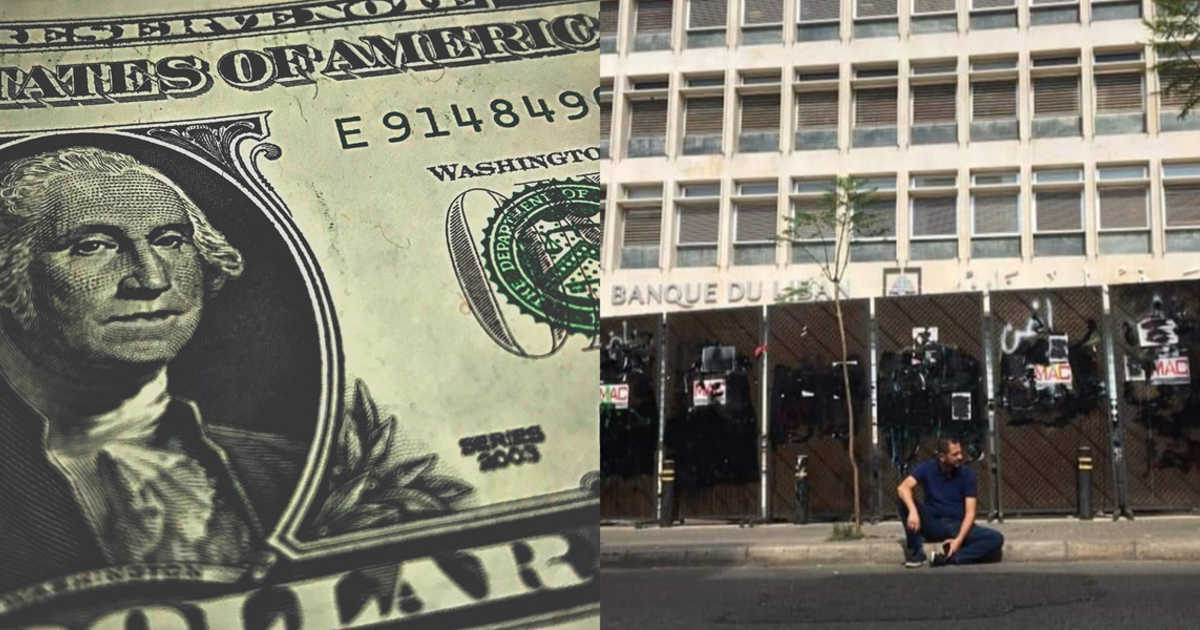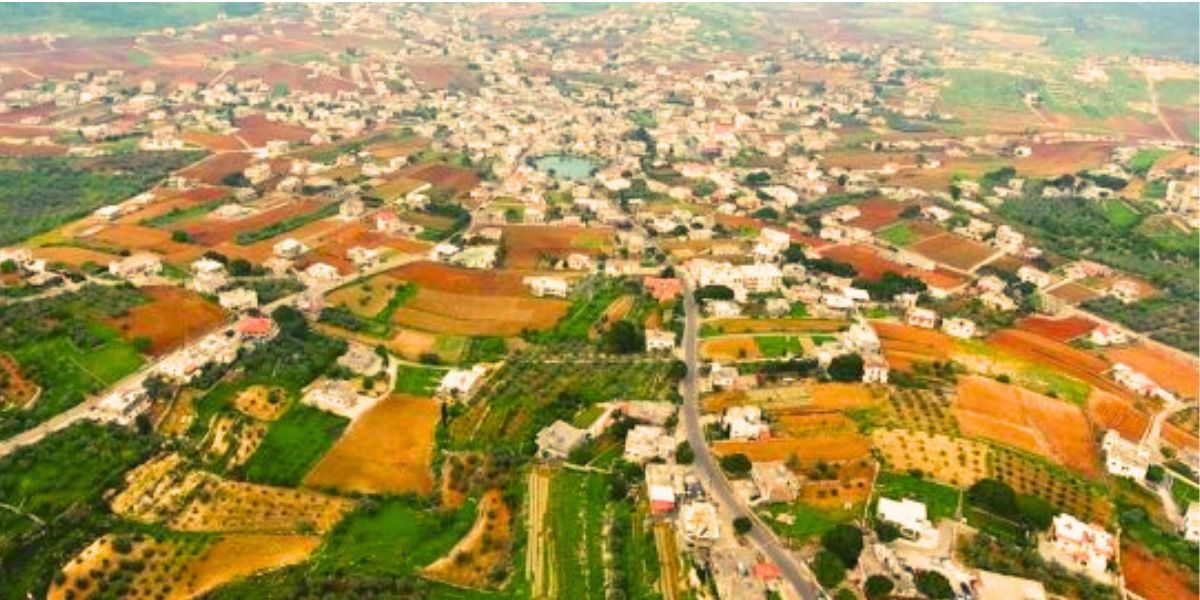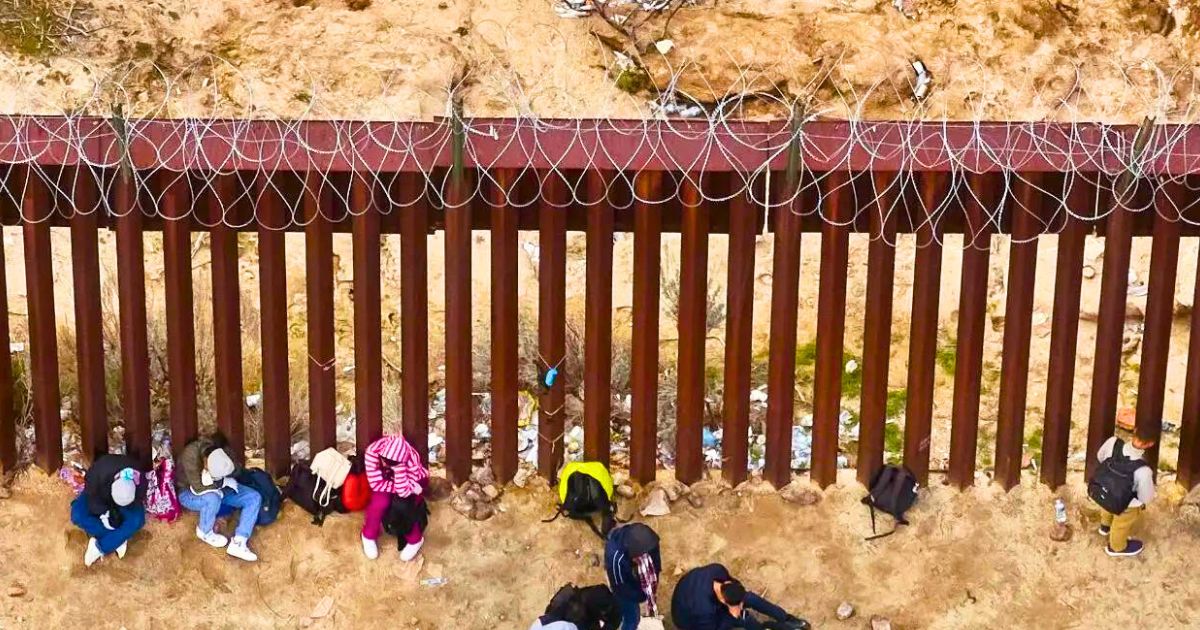The Lebanese economy has been in a state of sharp decline recently due to various political and financial factors.
The economic crisis that has been slowly drowning our country during the past 8 years has had drastic effects on people’s lives, and it will snowball into a state of complete chaos if not managed and solved soon.
Although the official exchange rate has not changed and remains relatively constant, averaging between 1,508 and 1,517 LBP per 1 USD, the local market tells a different story entirely.
For the first time in Lebanon since the 1975 crisis, the exchange rate of one US dollar in the black market is getting closer and closer to 2,000 LBP!
Two questions present themselves at this stage: What is causing this rapid decline in Lebanon’s economy? And what, if anything, will the Lebanese government do to fix it?

The core of the crisis
Among the 195 countries that exist in the world, Lebanon ranks third in terms of the debt-to-GDP ratio which has exceeded a terrifying 150%, according to the International Monetary Fund.
Such a high rate should alone be a clear indicator that the economy of Lebanon is already unstable, to say the least.
Moreover, the Lebanese government is simply unable to solve this problem because the income of the economy is insufficient to pay the owed money.
So it resorts to the unwise but unavoidable decision of borrowing even more money to pay the older debts; this, in turn, has negative consequences on the economy, and the cycle goes on uncontrollably…
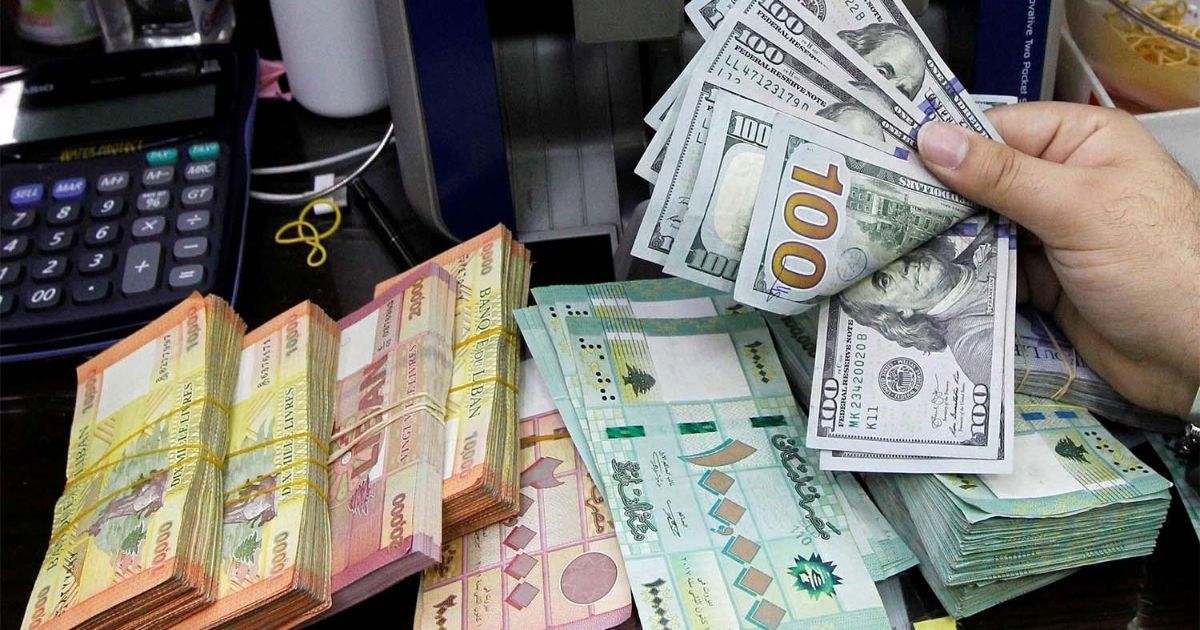
But even though public debt, which according to some reports exceeds $100B, extremely damages the economy, it is not the only reason for the deterioration of Lebanon’s economic system.
That is the outcome of a set of problems that have been compiling over the country over a long period of time.
The heavy flow of refugees from Syria following its 2011 civil war added to the imbalance and increased the rates of unemployment in Lebanon.
Additionally, the recent US sanctions on Hezbollah delivered a hard blow to Lebanese banks and added fuel to the fire.

But the most noticeable and recent factor that has the potential to drive Lebanon towards total collapse is the United States Dollar.
The USD is very close to being the official currency of Lebanon. It is the main currency used in import, export, fuel distribution, and local trading. It is the backbone of the economy and its ultimate stabilizer.
And recently, during the current year specifically, dollar bills have been disappearing from the Lebanese internal market, for multiple reasons.

A stagnant local economy and a slowdown in cash transfers from the diaspora have also reduced the Lebanese central bank’s foreign currency reserves, making it difficult for businesses to buy the dollars they need from banks.
The effect of all the aforementioned problems combined is the current near-collapsed state of the Lebanese economy.
Capital control… What is it?
Capital control is a term applied to a series of measures taken by a government to regulate the cash flow of foreign currency into and out of its capital account.
These measures range from applying limitations and/or taxes to transactions to the outright prohibition of these transactions in extreme financial situations.
The term is too broad on its own, and capital controls are not activated by a simple on/off switch; the implementation method depends on the government and may be economy-wide, sector-specific (usually the financial sector), or industry-specific.
They may apply to all flows or may differentiate by type or duration of the flow (debt, equity, direct investment; short-term vs. medium- and long-term). It can also be applied gradually over a specific period instead of being immediately applied.
For instance, when Lebanese banks reopened on Tuesday, November 19th, after a full week of closure due to the revolution and the instability of the political situation, they set a maximum limit of $1,000 per week on US dollar withdrawals.
Furthermore, the Association of Banks in Lebanon informed the public that transactions from Lebanon to the outside have become restricted to “urgent personal expenses.”
These two steps are examples of how capital controls can be enforced by the government and were taken in order to preserve capital in Lebanon and prevent excessive withdrawals.
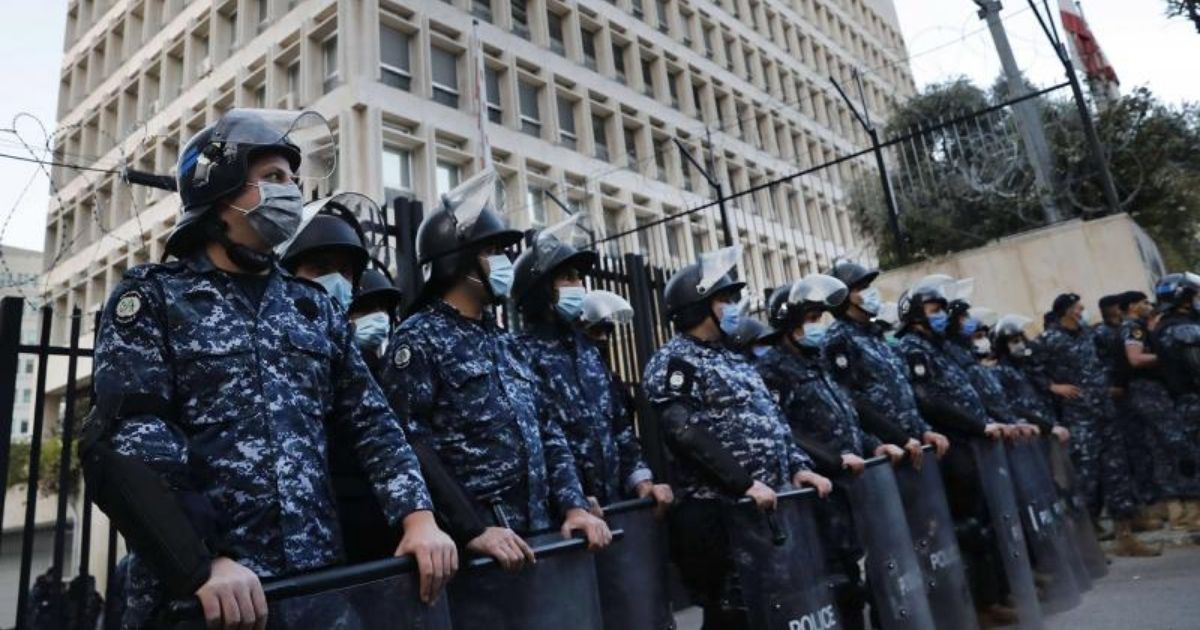
Good or bad for the economy?
With more predictions saying that the Lebanese government will use capital controls to maintain a stable economy and ensure its survival, it’s important to know what such a decision would mean, and whether or not it would work.
Critics of the method generally believe that capital control inherently limits economic progress and efficiency, while proponents consider it prudent because of its ability to increase the safety of the economy.
Between 1995 and 2010, 37 countries have used capital controls in an attempt to fix their declining economies. In the 1990s, Malaysia’s economy was able to recover significantly after imposing restrictions during the Asian financial crisis.
On the other hand, when Greece used capital controls during its economic crisis, it scared off investors that could have gotten the country back on its feet with their investments.
Also, during the aforementioned Asian crisis during which Malaysia resorted to the restrictions, South Korea was able to recover without imposing any capital controls or financial restrictions.
This shows that capital control is an unpredictable double-edged sword that can have either positive or negative outcomes on the state that decides to use it, depending on various uncontrollable factors.
Too risky? Perhaps. But when the options are limited, it may very well be the optimal decision.
Alternatives
If the Lebanese government lets banks operate normally, especially under the current political situation and the ongoing protests, they will run out of money on a whim, and the financial system will become empty within days.
This is because Lebanese people are losing their trust in banks and, as a result, savers would rush to withdraw their cash as soon as they get the chance to do so. Such a scenario would mean the collapse of the Lebanese economy.
In conclusion, imposing capital controls in Lebanon may have negative consequences on its economy.
However, if properly studied and managed correctly by the right people, it could provide some much-needed time for the Lebanese government to work out a solution for the crisis before the worst-case scenario is realized.
